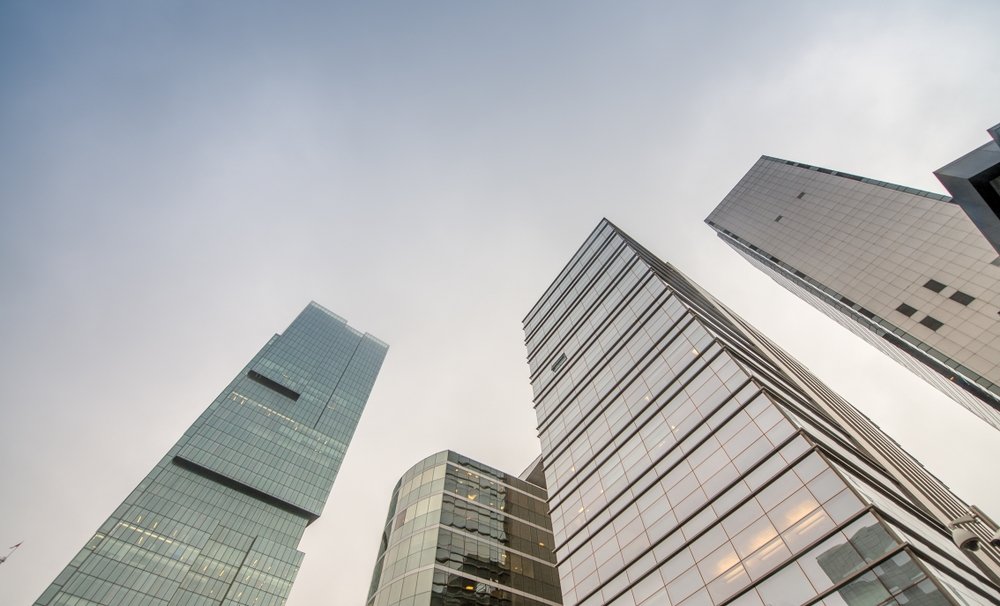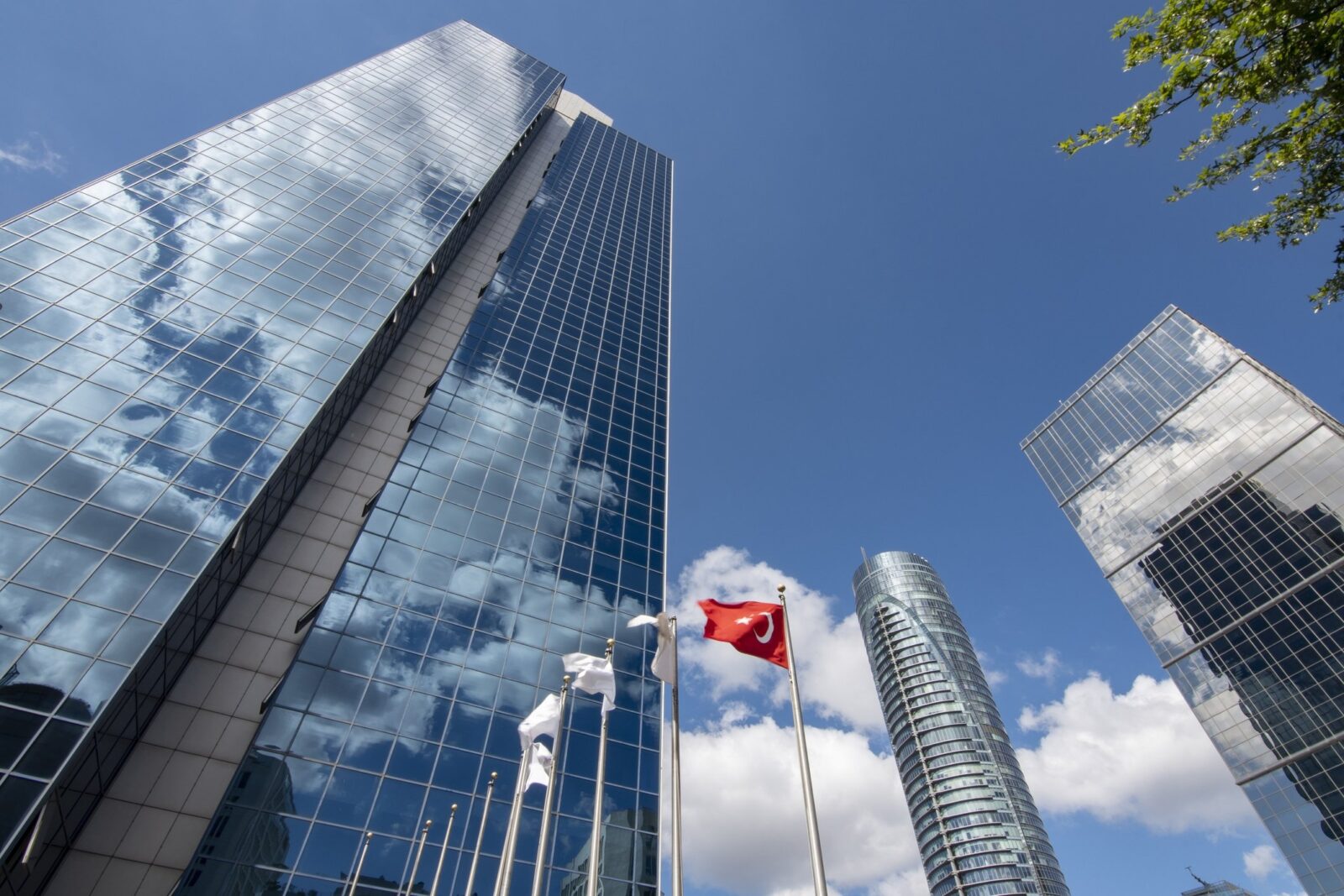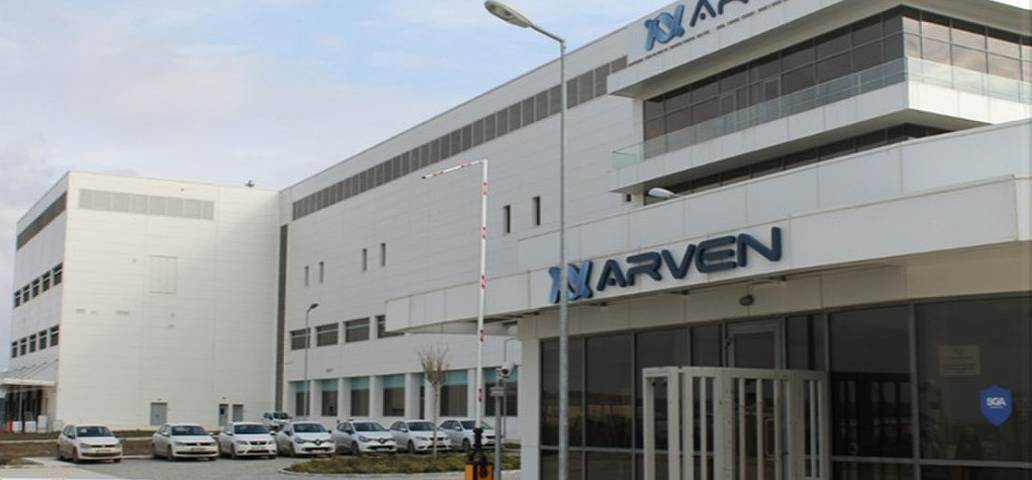
Some 1,723 Turkish companies, including prominent ones, requested bankruptcy protection as a result of outstanding debt stocks, surpassing the previous highest level recorded in 2019.
Amid ongoing challenges such as tight monetary policies within the disinflation program, rising labor costs, and fluctuations in exchange rates, Turkish companies grappled with declining profits and unsustainable debt levels.
In response, many sought bankruptcy protection (concordatum) as a legal measure to restructure their financial bottlenecks and sustain operations under the provisions of the Turkish Execution and Bankruptcy Law.
According to konkordatotakip.com, a Turkish website tracking bankruptcy protection (concordatum) filings and related legal proceedings, a total of 1,723 bankruptcy protection requests were filed in 2024, surpassing the 1,387 filings in 2019.
In December alone, 219 provisional decisions were granted, marking the highest number recorded monthly.

Construction companies, already grappling with credit difficulties and price instability, led the filings at the end of December, followed by the textile and food sectors. Since 2018, the most vulnerable industries have consistently included construction, textiles, and food, while Istanbul, Ankara, and Kocaeli emerged as the most affected regions.
The average duration for a provisional decision to evolve into a bankruptcy ruling is 423 days, while rejection decisions take an average of 473 days and confirmation rulings stretch to around 700 days. According to konkordatotakip.com data:
"Bankruptcy Protection Developments at a Glance" report published by the Central Bank of the Republic of Türkiye (CBRT) in September 2024 highlighted that many recent bankruptcy protection filings stem from firms already categorized as high-risk before monetary tightening.
These firms exhibited higher debt levels and significantly lower liquidity compared to their counterparts, the report examined.
CBRT's report also highlighted the ratio of commercial debt to total assets for these companies stood at 36%, in contrast to the 11% observed in other firms, which was deemed as another important indicator.
According to business-focused dunya.com, several prominent companies entered the bankruptcy protection process in 2024 as follows:


